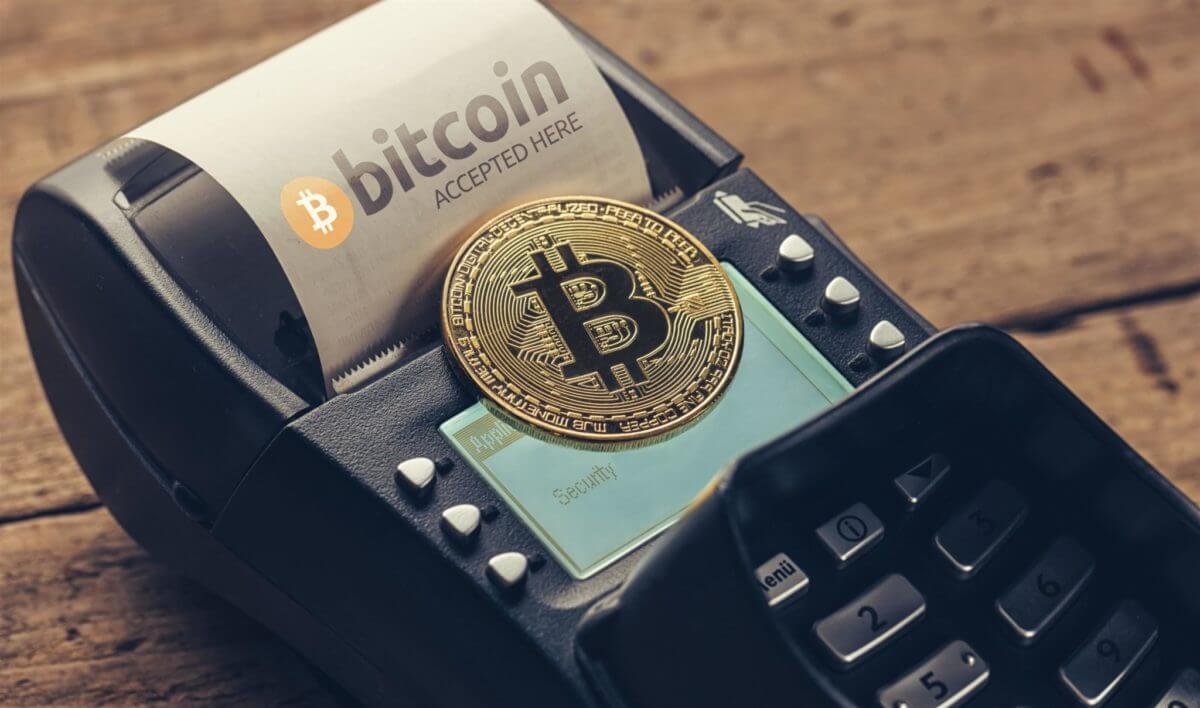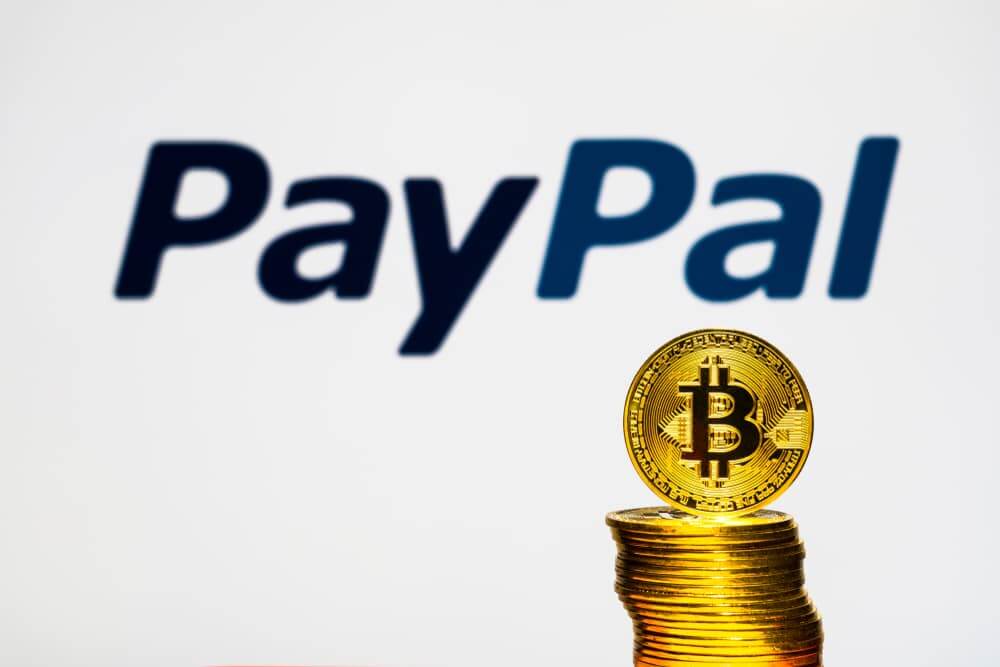Will the new COVID-19 variant affect Bitcoin?

Will the new COVID-19 variant affect Bitcoin?
Since concerns about a new coronavirus variant appeared to have hit risk appetite, the financial market entered the red zone on Friday.
As of press time, Bitcoin fell 2% on the day to close to $57,800. S&P 500 index futures fell 1.3%. The MSCI Asia Pacific Index fell 1.8%, the commodity complex was bleeding, and oil prices on both sides of the Atlantic fell by more than 2%. At the same time, risk-resistant assets such as the yen and U.S. Treasuries are rising.
After a new coronavirus variant was discovered in Botswana, South Africa, and Hong Kong, classic risk aversion actions emerged, which may be resistant to vaccines. If these concerns come true, many countries may have to re-impose economically painful blockade restrictions.
Bitcoin’s decline in the traditional market as a safe haven indicates that cryptocurrency has not yet been accepted as a safe haven.
The blockade, if any, may exacerbate supply chain disruptions and push up inflation
This is good for Bitcoin because it is a valuable asset. According to JPMorgan Chase, Bitcoin’s rise in October was mainly due to the surge in inflation expectations and the attractiveness of cryptocurrencies as an inflation hedge.
In other words, the U.S. Consumer Price Index (CPI) has been at a three-year high. A further increase in the CPI may cause the Federal Reserve (Fed) to remove stimulus measures more quickly, putting inflation control above growth. This may lead to asset price deflation.
After the higher-than-expected U.S. consumer price index intensified concerns about the Fed’s early interest rate hike. Hence, Bitcoin remained vulnerable to the Fed’s tightening policy and fell sharply on November 10.
The minutes of the Fed’s November meeting released on Wednesday showed that officials were willing to raise interest rates earlier than expected.
On Thursday, cryptocurrency bids were even higher, and it seems that it will break the resistance at $60,070. This will confirm the double bottom breakout on the 4-hour chart. However, the new coronavirus fear has spoiled the movement.
Bitcoin’s transaction value has surpassed PayPal; Will it exceed MasterCard too?

Calculated in dollar value, the transaction volume processed by the Bitcoin network has exceeded Paypal. In terms of market value, the world’s largest decentralized cryptocurrency network may surpass MasterCard as early as 2026.
According to the report, the Bitcoin network processed approximately US$489 billion per quarter in 2021, higher than Paypal’s US$302 billion. In just 12 years of existence, Bitcoin has handled 27% of Mastercard’s quarterly US$1.8 trillion and 15% of Visa’s US$3.2 trillion.
Three factors can make the Bitcoin network rise to the level of the two major credit card giants in terms of the total transaction volume processed: the total number of transactions, the average amount of Bitcoin sent per transaction and the increase in the price of Bitcoin.
However, the report could not find current data indicating that the average number of bitcoins sent per transaction is rising.
This trend may change in the future, but based on the current volume, an increase in the price to $245,000 will also make Bitcoin rival MasterCard. Some analysts said that this kind of price movement might be more likely than increasing trading volume.
For some analysts, Bitcoin prices are unlikely to rise to levels comparable to MasterCard. If you consider the average annual price of Bitcoin, it may be until 2060. On the other hand, taking the current growth rate in 2021 as an indicator may happen as early as 2026.
The report pointed out that although it is relatively young, the decentralized Bitcoin network has successfully achieved high transaction volumes compared to the two centralized credit card giants.
Uzbekistan people are now allowed to trade cryptos
Changes in the rules governing cryptocurrency exchanges in Uzbekistan now allow residents to trade coins on licensed platforms. Uzbekistan could only sell its digital assets before, but the new regulations also allow issuing and listing tokens.
Uzbekistan will now trade digital currencies on licensed cryptocurrency exchanges in the country. This became possible after the National Project Management Agency (NAPM) under President Shavkat Mirziyoyev recently revised the rules related to local cryptocurrency transactions.
Forklog quoted a decree issued by the agency’s head and reported that Uzbekistan residents could buy, sell, and exchange crypto assets in exchange for their currency under the new regulations. Non-residents can also trade with cryptocurrencies.
Uzbekistan legalized cryptocurrency transactions in 2018, but at the end of 2019, the government banned residents from purchasing cryptocurrencies.
The regulator explained that removing restrictions is related to citizens’ changes in how they invest in crypto, which has become more rational and balanced.
The National Project Management Agency prohibits the listing of unsafe tokens on local exchanges. NAPM specifies that the regulation defined a token as a unit of account secured by tangible or other property and used to attract investment.
The Tashkent authorities generally maintain a positive attitude towards the cryptocurrency field. In January 2020, they announced plans to establish a national mining pool, create a blockchain valley, introduce crypto tax exemptions, and establish a cryptocurrency exchange. Uznex, a digital asset trading platform operated by the Korean entity Kobea Group, was launched later in the same month.
However, Central Asian countries still prohibit cryptocurrency as a means of payment for goods and services.
The post Will the new COVID-19 variant affect Bitcoin? appeared first on FinanceBrokerage.
0 Response to "Will the new COVID-19 variant affect Bitcoin?"
Post a Comment